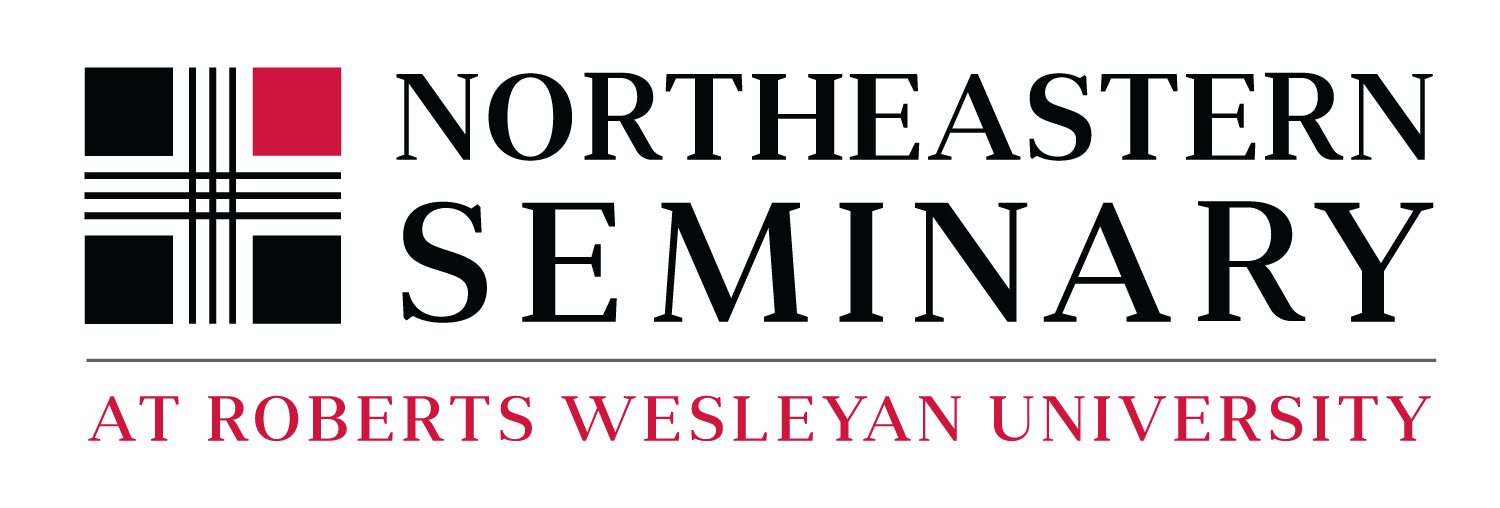One common concern is the financial aspect of pursuing a theological education. Seminary education often involves tuition fees, living expenses, and potentially reducing or leaving a current job to attend full-time. The financial burden of seminary can be a significant consideration, particularly for individuals who may have existing financial responsibilities, such as student loans, family obligations, or limited personal resources.
At Northeastern Seminary you can attend from anywhere in the world through our online programs and can attend our programs part-time. Both of these options create opportunities for all individuals to fit their graduate program into their lives.
Other concerns may include:
- Career prospects and employment opportunities after completing seminary: Individuals may wonder about the practicality of finding employment in their desired field, particularly in an increasingly diverse and changing religious landscape. Concerns about job stability and the ability to support oneself or a family can arise.
- Balancing academic rigor with personal and spiritual growth: Seminary education requires a substantial commitment of time and energy, which can impact personal relationships, family dynamics, and self-care. Some individuals may worry about finding a balance between academic demands, spiritual formation, and maintaining a healthy lifestyle.
- Integration of faith and academic study: Balancing intellectual inquiry and critical thinking with personal faith and spiritual beliefs can be challenging. Some individuals may have concerns about how their theological education will impact their personal beliefs or their ability to engage with diverse perspectives.
- Emotional and spiritual challenges: Engaging with theological and philosophical concepts, grappling with existential questions, and confronting personal limitations can be emotionally and spiritually challenging. Individuals may have concerns about how they will navigate these challenges and grow personally and spiritually during their time in seminary.
Addressing these concerns involves careful research, seeking advice from trusted mentors or advisors, and reflecting on personal goals and values. It can also be helpful to reach out to seminary admissions offices, current students, or alumni who can provide insights and guidance based on their own experiences.


